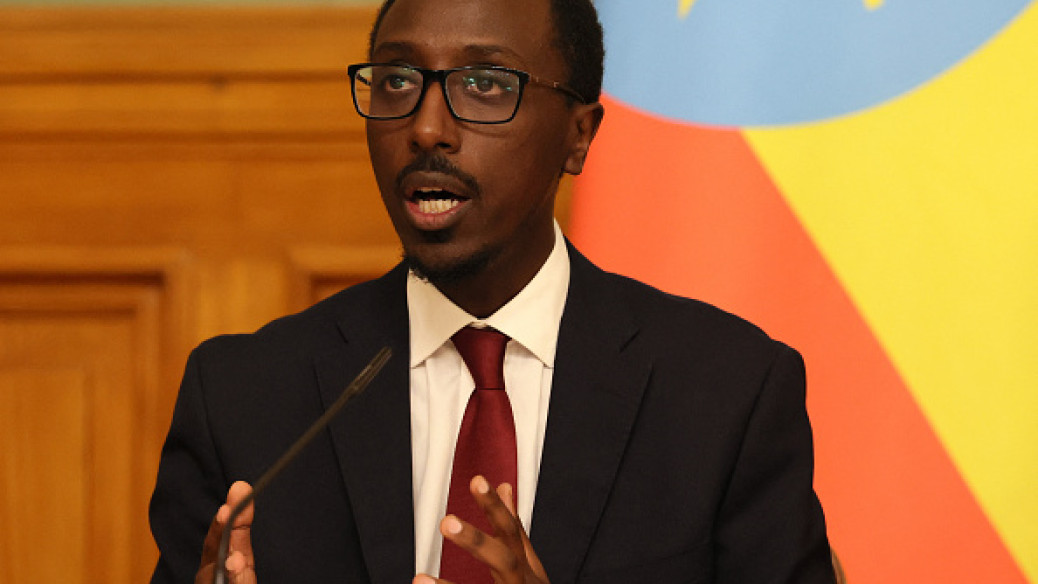Gedion Timothewos called Eritrea's actions 'outright aggression' [Getty/file photo]
Ethiopia is demanding that Eritrea to withdraw its troops from Ethiopian territory and cease all forms of 'collaboration with rebel groups'.
Ethiopia has ordered neighbouring Eritrea to "immediately withdraw its troops" from Ethiopian territory, accusing Asmara's forces of an "incursion" and working with "rebel groups" along its northwestern border.
Relations between the two Horn of Africa countries have long been fraught. In recent months, Addis Ababa has accused Eritrea of supporting insurgents on Ethiopian soil - allegations Asmara denies.
"Developments over the last few days indicate that the Government of Eritrea has chosen the path of further escalation," foreign minister Gedion Timothewos told his Eritrean counterpart in a letter dated Saturday.
He demanded that Asmara "withdraw its troops from Ethiopian territory and cease all forms of collaboration with rebel groups".
These actions were "not just provocations but acts of outright aggression", he said.
But he said that he believed the "cycle of violence and mistrust" could still be broken through diplomacy.
The Eritrean government did not immediately respond to requests for comment.
Eritrea, one of the world's most closed countries, gained independence from Ethiopia in 1993. They fought a devastating border war from 1998 to 2000 which claimed tens of thousands of lives.
The two governments cooperated against rebels from Ethiopia's Tigray region during the 2020-2022 conflict, but fell out over the peace accord, from which Eritrea was excluded. The New Arab Staff & Agencies






